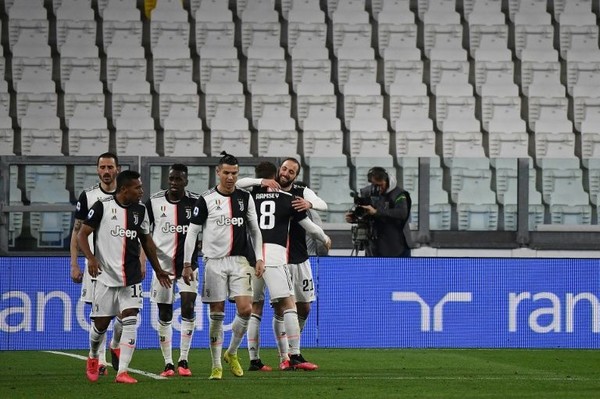Football is undoubtedly the most popular sport in the world. No other sport comes close to it in the number of professional and recreational players, fans, and general market capitalization. It is also one of the most lucrative sports, bringing in substantial profits from TV broadcasting rights, merchandise, sponsorships, and advertisement deals. However, as the world fights COVID-19, football is facing its worst economic crisis to date.

In the last several decades, there was a general consensus that football was recession-proof. Colossal sums of money always flowed into football, even during periods of economic recession. Football always stayed afloat mainly because of fans’ unwavering support and sheer determination to fill stadiums to support their team, no matter how bad the economic conditions were. Sponsorship deals and TV broadcasting rights were never interrupted either. However, earlier this year, when the decision was made to suspend football matches in the biggest leagues in the world, the revenue streams that heavily relied on match-day activities or TV broadcasting deals dried up. This forced the football industry into uncharted territory. The pandemic has exposed that football leagues are more financially vulnerable than one might expect.
After the spread of COVID-19, the five major leagues in Europe have reportedly lost over 4 billion USD in total. English Premier League clubs alone are missing out on around 40 million USD every home game. If the current situation persists, the clubs could lose an additional 900 million USD combined from the loss of ticket sales alone. In addition, the league is under pressure from broadcasting companies to avoid any postponement to the 2020/21 season games. Last season, when the Premier League was discontinued with a quarter of the season remaining, it was on the brink of breaching its TV broadcasting agreement, which costs an estimated 4 billion USD per season. The Union of European Football Associations (UEFA) made domestic and continental club football its top priority and postponed the European Championships for next year, giving leagues the opportunity to finish their season on schedule to uphold their TV contracts. The English Premier League concluded on July 26, just 5 days before the end of its contract. In addition, some sponsors are opting-out of their sponsorship agreements with the clubs leveraging a force majeure clause included in their contracts. Because common sponsors, such as airlines and sports betting agencies, have also been immensely affected by COVID-19, law does not mandate them to uphold their agreements.
While COVID-19 has taken a toll on the big clubs, small clubs from lower leagues are even more hard hit by the prolonged pandemic. For them, empty seats are fatal;most of them don’t have massive TV broadcasting contracts or global fan bases for financial support. These clubs rely heavily on ticket sales, and their revenue streams are neither diverse nor robust. The smaller income from local sponsors, merchandise sales, and academy memberships have also been stalled. Clubs that depend on selling locally grown academy players to bigger clubs are facing an additional crisis since the multi-billion dollar transfer market is not as profitable as previous seasons. Unfortunately, the suspension of league football has already forced some of these clubs to sell key players or to cut down on wages. For instance, Hearts, a football club in the Scottish Championship, was one of the first clubs to officially ask its players and personnel to agree to pay cuts of up to 50 percent or terminate contracts. Similarly, FC Sion, a club in the Swiss Super League, asked their players early on for wage reduction but unfortunately had to terminate the contracts of nine players—most notably, former Arsenal duo Johan Djourou and Alex Song for not agreeing to the terms.
It is likely that hundreds of small clubs at the lower end of the food chain will go bankrupt in the next few months, and it seems like there is nothing more the UEFA or league officials can do about it. This just further highlights the huge wealth gap in European club football and the need for discussion about current financial structures. No matter how things turn out in the coming months, the knock-on effects will be felt for years to come.

